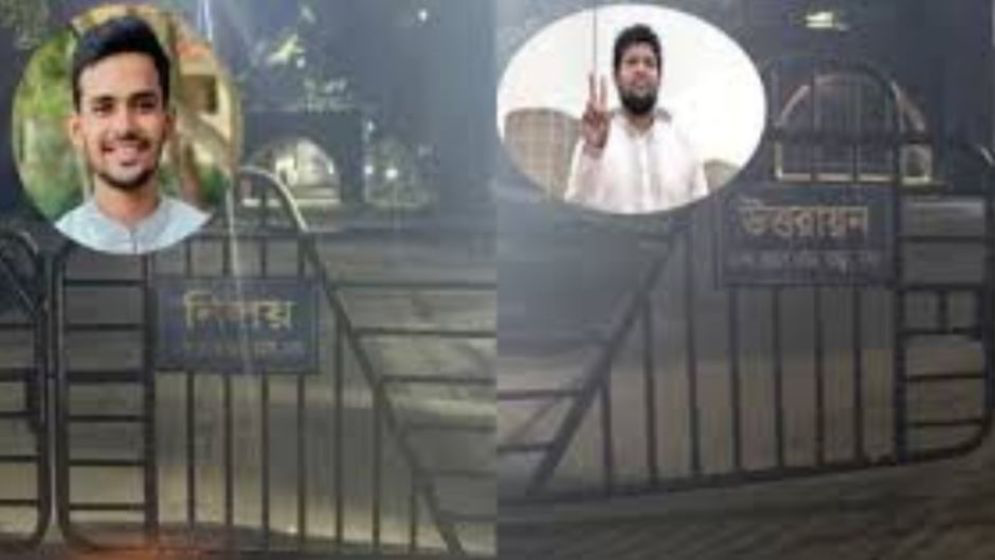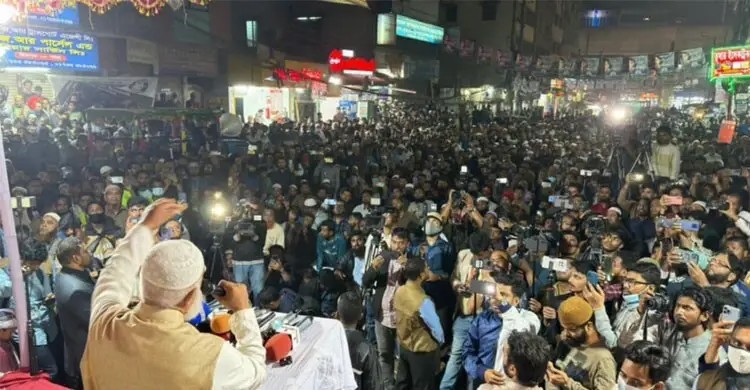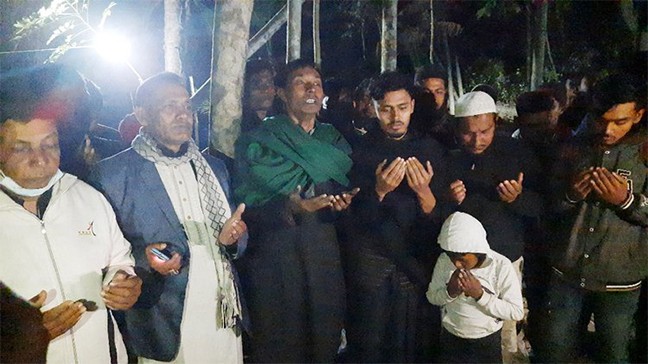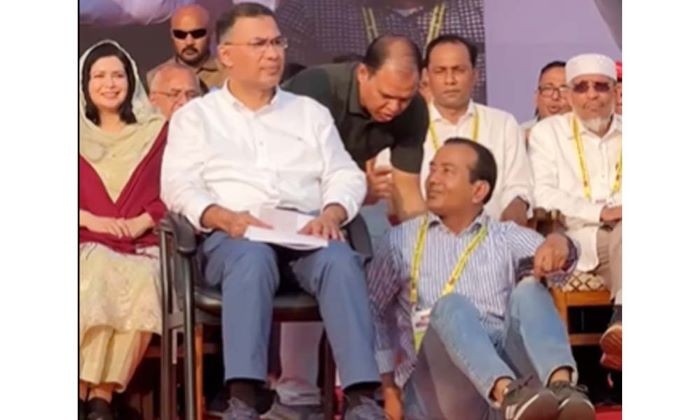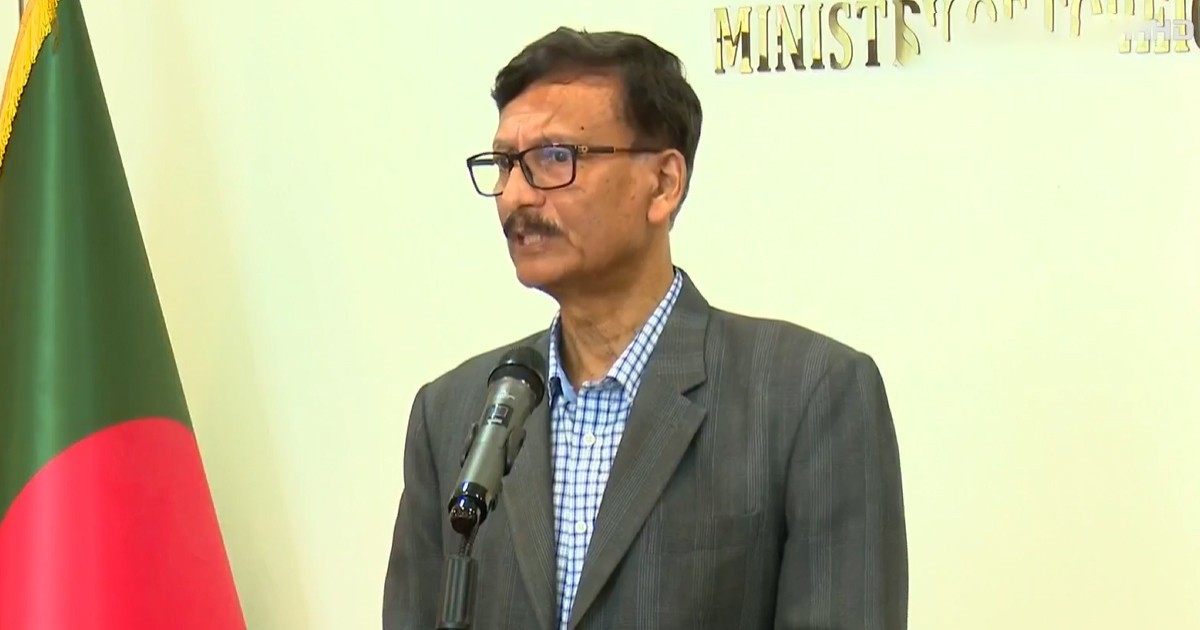
Bill Gates: When I was a kid, I was obsessed with science fiction. Paul Allen and I would spend countless hours discussing Isaac Asimov’s original Foundation trilogy. I read every book by Edgar Rice Burroughs and Robert Heinlein. (The Moon Is a Harsh Mistress was a particular favorite.) There was something so thrilling to me about these stories that pushed the limits of what was possible.
As I got older, I started reading a lot more non-fiction. I was still interested in books that explored the implications of innovation, but it felt more important to learn something about our real world along the way. Lately, though, I’ve found myself drawn back to the kinds of books I would’ve loved as a kid.
My holiday reading list this year includes two terrific science fiction stories. One takes place nearly 12 light-years away from our sun, and the other is set right here in the United States—but both made me think about how people can use technology to respond to challenges. I’ve also included a pair of non-fiction books about cutting-edge science and a novel that made me look at one of history’s most famous figures in a new light.
I read a lot of great books this year—including John Doerr’s latest about climate change—but these were some of my favorites.
A Thousand Brains: A New Theory of Intelligence, by Jeff Hawkins. Few subjects have captured the imaginations of science fiction writers like artificial intelligence. If you’re interested in learning more about what it might take to create a true AI, this book offers a fascinating theory. Hawkins may be best known as the co-inventor of the PalmPilot, but he’s spent decades thinking about the connections between neuroscience and machine learning, and there’s no better introduction to his thinking than this book.
The Code Breaker: Jennifer Doudna, Gene Editing, and the Future of the Human Race, by Walter Isaacson. The CRISPR gene editing system is one of the coolest and perhaps most consequential scientific breakthroughs of the last decade. I’m familiar with it because of my work at the foundation—we’re funding a number of projects that use the technology—but I still learned a lot from this comprehensive and accessible book about its discovery by Nobel Prize-winning biochemist Jennifer Doudna and her colleagues. Isaacson does a good job highlighting the most important ethical questions around gene editing.
Klara and the Sun, by Kazuo Ishiguro. I love a good robot story, and Ishiguro’s novel about an “artificial friend” to a sick young girl is no exception. Although it takes place in a dystopian future, the robots aren’t a force for evil. Instead, they serve as companions to keep people company. This book made me think about what life with super intelligent robots might look like—and whether we’ll treat these kinds of machines as pieces of technology or as something more.
Hamnet, by Maggie O’Farrell. If you’re a Shakespeare fan, you’ll love this moving novel about how his personal life might’ve influenced the writing of one of his most famous plays. O’Farrell has built her story on two facts we know to be true about “The Bard”: his son Hamnet died at the age of 11, and a couple years later, Shakespeare wrote a tragedy called Hamlet. I especially enjoyed reading about his wife, Anne, who is imagined here as an almost supernatural figure.
Project Hail Mary, by Andy Weir. Like most people, I was first introduced to Weir’s writing through The Martian. His latest novel is a wild tale about a high school science teacher who wakes up in a different star system with no memory of how he got there. The rest of the story is all about how he uses science and engineering to save the day. It’s a fun read, and I finished the whole thing in one weekend.
Source: www.gatesnotes.com
